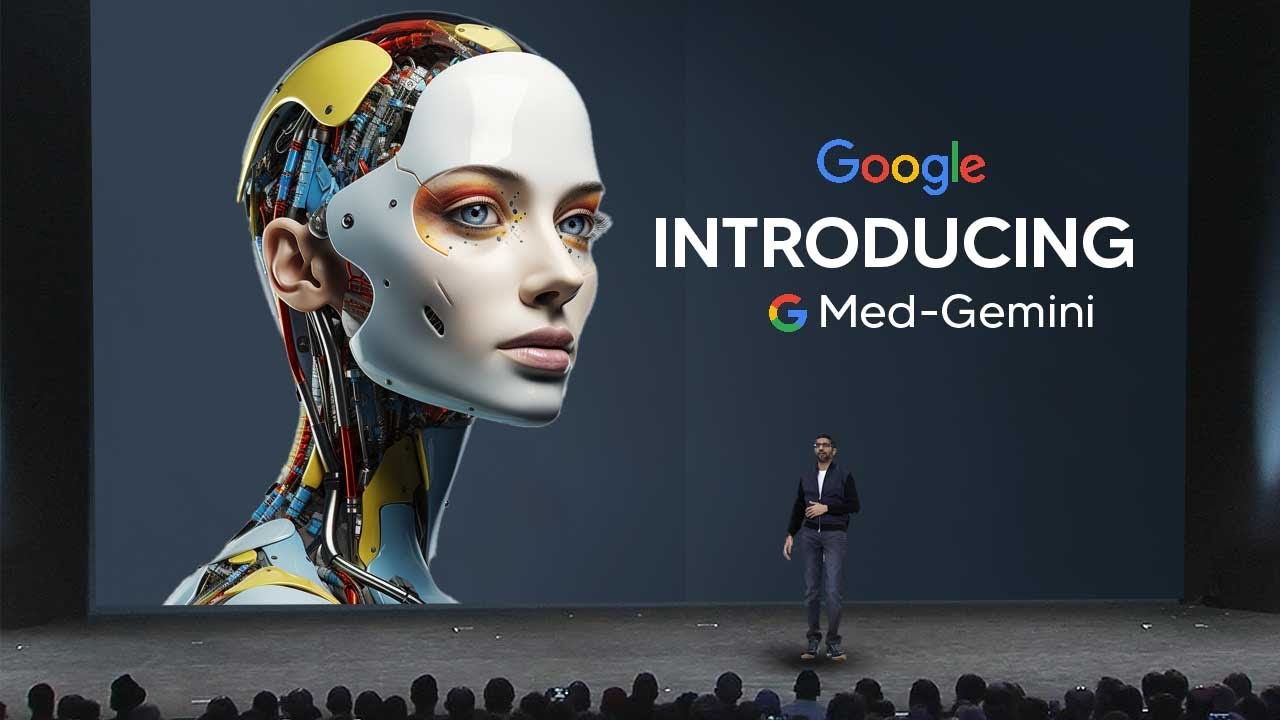Google’s new medical AI model, Med-Gemini, is a specialized version of the Gemini AI system tailored for medical applications, outperforming previous state-of-the-art models in various medical AI benchmarks. Med-Gemini leverages self-training, web search integration, and multimodal understanding to continuously update its knowledge base, showing significant improvements in accuracy and performance compared to clinicians and previous AI models in medical dialogue processing and reasoning tasks.
Google’s latest development in medical AI is the Med-Gemini model, which is a specialized version of the Gemini AI system tailored for medical applications. This model has been fine-tuned and customized for medical data processing, diagnostic reasoning, and treatment planning. The Med-Gemini combines advanced reasoning, multimodal understanding, and long context processing to excel in handling complex medical data and queries.
The Med-Gemini model outperforms the previous state-of-the-art models like GPT-4 with Med prompt in various medical AI benchmarks. It leverages self-training, web search integration, and multimodal understanding to enhance its capabilities. The system uses synthetic examples, refinement, learning from simulators, and web search to continuously update its knowledge base without frequent retraining. By combining these approaches, Med-Gemini adapts to new or rare medical scenarios and stays up-to-date with the latest medical information.
The AI system demonstrates impressive diagnostic accuracy even for rare and specialty-specific conditions based on limited data like a single photo. Med-Gemini engages in dialogues to assist users in understanding medical conditions and provides recommendations for treatment. The system’s ability to process multimodal medical data, such as text, images, and videos, enables it to offer comprehensive and integrative analyses for diagnosis and treatment planning.
The Med-Gemini model has shown significant improvements in accuracy and performance compared to clinicians and previous AI models in medical dialogue processing and reasoning tasks. However, there are challenges with benchmark quality, such as missing information or ambiguous ground truth answers, which affect the evaluation of AI systems. The AI system’s ability to learn and adapt continuously from external sources like web searches enhances its diagnostic capabilities and reliability.
Overall, Med-Gemini is positioned to support medical professionals by providing analytical insights and integrative analyses of patient information, leading to more informed decisions in diagnostics and treatment planning. While AI systems like Med-Gemini excel in processing vast amounts of medical data and enhancing diagnostic capabilities, they should be used as tools to augment clinicians’ expertise rather than replace human judgment and personalized patient care.
